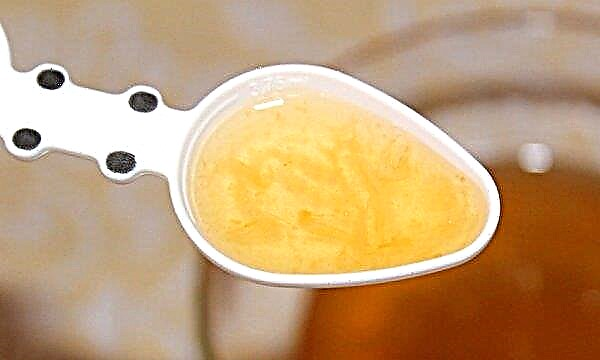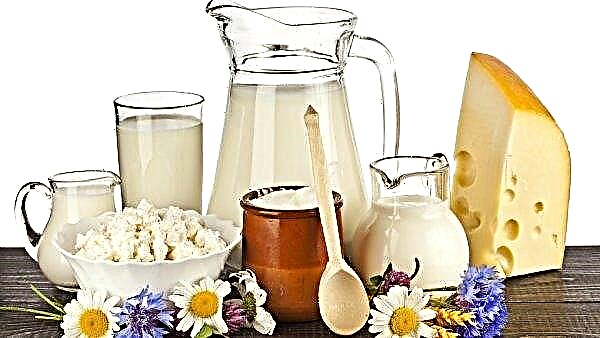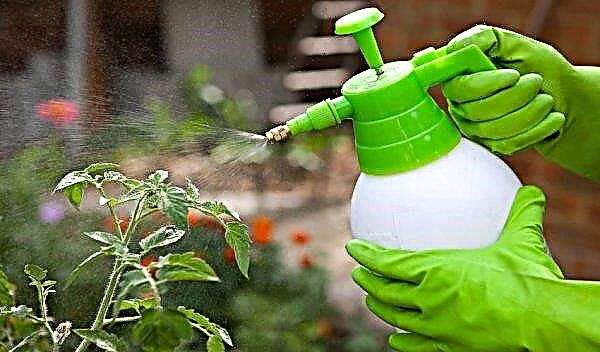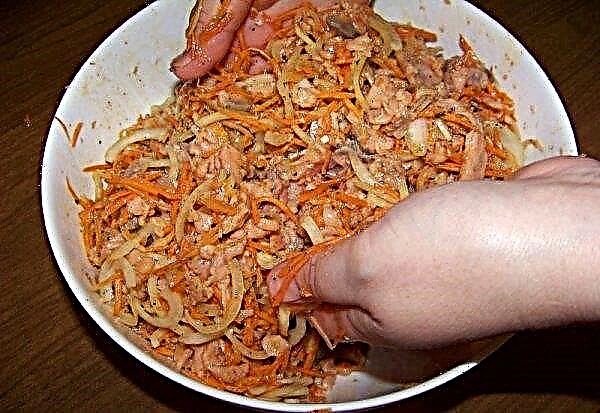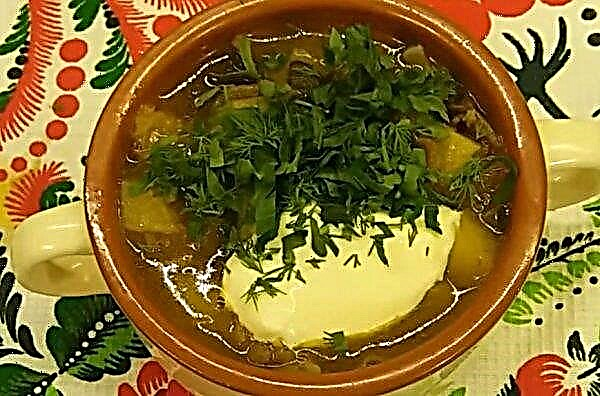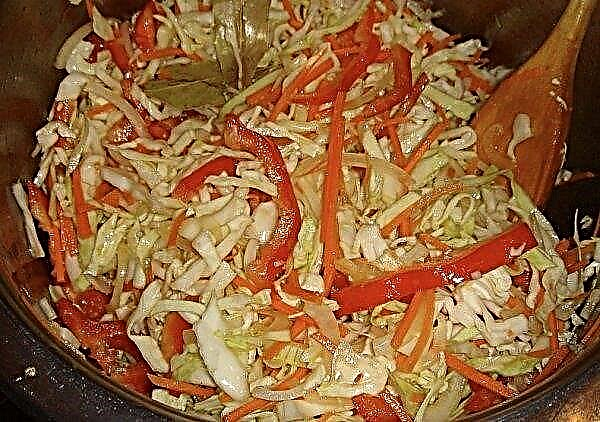Coronavirus presents many uncertainties, and no one can completely exclude the risk of receiving COVID-19. Studies show that following a vitamin diet helps maintain optimal functioning of the immune system.
Daily menu for the week
Breakfast

- oatmeal 1 serving;
- fruit 1 serving.
Dinner
- vegetable soup 1 serving;
- bread 1 serving.
High tea

- baked or stewed beans 1 serving;
- compote 1 serving.
Dinner
- boiled or baked meat 1 serving;
- porridge 1 serving;
- vegetable salad 1 serving.
Snacking

- fruit 3 servings;
- dried fruit 2 servings.
Weekly rate of vitamins
The following describes which foods contain the appropriate vitamins.
Vitamin A
- Vitamin A pmaintains the structure of skin cells, respiratory tract and intestines. This forms a barrier and is the first line of defense of the body.
- Vitamin A found in oily fish, egg yolks, cheese, tofu, nuts, seeds, whole grains and legumes.
- AT 6 found in cereals, legumes, green leafy vegetables, fruits, nuts, fish, chicken and meat.
- AT 9 (folate) is found in abundance in green leafy vegetables, legumes, nuts and seeds and is added to marketable flour for baking.
- AT 12 (cyanocobalamin) is found in animal products, including eggs, meat and dairy products, as well as in fortified soy milk.
- oranges
- lemons
- limes
- berries
- kiwi
- broccoli
- Tomatoes
- Iron is found in meat, chicken and fish. Vegetarian sources include legumes, whole grains, and iron-fortified breakfast cereals.
- Nuts, meat, cereals and mushrooms are good sources of food for selenium.

Beta-carotene helps the natural production of vitamin A and is found in leafy green vegetables, as well as in yellow and orange vegetables such as pumpkin and carrots.
B vitamins

Vitamins of the group ATespecially vitamins of the group AT 6, AT 9 and AT 12, contribute to the first reaction of the body as soon as it recognizes pathogenic microorganisms.
Vitamins C and E

In 30% of people, skin contact with vitamin E causes dermatitis.
Vitamin C helps cleanse these cells by producing specialized cells to enhance the immune response.
Vitamin E found in nuts, leafy green vegetables and vegetable oils.
Vitamin D
Some immune cells need vitamin D to destroy the pathogens that cause the infection. Although exposure to the sun allows the body to produce vitamin DFood sources, including eggs, fish, and some brands of milk and margarine can be fortified with vitamin D. Vitamin D-deficient people may need supplements.
If you hold the bananas in the sun, they increase vitamin D.
Iron, Zinc, Selenium
For the growth of immune cells, among other functions, we need iron, zinc and selenium.

In addition to the diet, there are other measures that can be taken to stay as healthy as possible in the face of the coronavirus. One of them is to quit smoking, to improve the ability of the lungs to fight infections, to perform moderate-intensity physical exercises, such as vigorous walking, enough to sleep and wash your hands regularly with soap.


